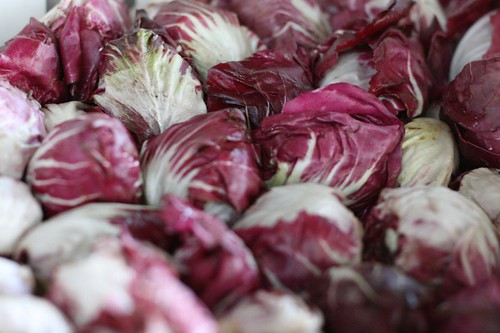a new kind of practice
 |
| picking mulberries |
i've been writing. a little bit, each day.
it's an attempt to get through the seemingly never-ending cycle of angst in which i find myself each time i begin a new story, application, or essay.
maybe practice will get me through it.
maybe, with practice, i'll be able to work through the crippling fear i have that i'll never be able to capture the tiny bits of beauty that make me love this life, the bits for which i live, and which i want to share with all of you.
a couple of weeks ago, i found myself at sunny slope orchard with two other writers, both more experienced than me. we were on a rescue mission, picking up apricots that had to be picked in a rush in order to save them from water damage from an unexpectedly late rainfall.
so we drove up there, with a plan to make jam over the weekend. i'd just been to sunny slope a few days earlier, and having experienced the magic of that place, did my best to prepare my friends without spoiling the surprises that i knew waited in store for them. you see, bill spurlock is a magician, a mechanic, and an all-around genius. and fern, well, she's made of gold.
our morning was filled with ripe royal blenheim apricots, plucked from the branches of hundred-year old trees and eaten straight away; perfect plum popsicles in a treehouse built of dreams; tastes of fruit gently dried by sunlight; and a host of ingenious contraptions constructed to make farm life just a tiny bit easier and a dose more entertaining.
we left in a daze, with a car full of apricots and a sugar-high to remember.
a few minutes into the drive home, i started to lament that one could never capture such beauty, such magic, in mere words. no story i could ever write would ever do that place justice. it simply could never be done.
the most experienced writer among us looked at me as if i were nuts. he said, "of course it could be done, as long as you concede that you'll never be able to adequately describe the taste of the apricots. but the experience was certainly rich enough to craft a compelling portrait of a farmer and his fruit."
i didn't say it, but thought, "whatever. maybe you could do it, but not me. it's just not possible."
later, when i recounted the story to another friend, he pointed out how crazy i sounded. he said, "if after eating a delicious pesto that you'd made i said, 'i could never do this, never in a million years make a pesto as good as this,' you'd look at me and say, 'of course you can,' and then walk me through the steps. you might tell me about the history of pesto, describing the different ways it's made on the various hillside towns in liguria. you'd tell me which farmer to seek out to get just the right variety of piccolo fino basil, and how many months the parmesan and pecorino you'd used had been aged. and of course you'd tell me where the olive oil had come from, and why that delicate gold-label oil is so crucial for a lovely pesto. then you'd show me just how to prepare it, step-by-step, and tell me to go home and practice until i got it right myself."
i started to see that with writing, it's no different. you just break it down into manageable chunks and then you practice. you write, and you write, and you write some more, until you get there. it might take a really long time, but you'll never know unless you start practicing.
so now, as painful as it might be, i'm committed to doing that hard work. practice. i get it.
wish me luck.














